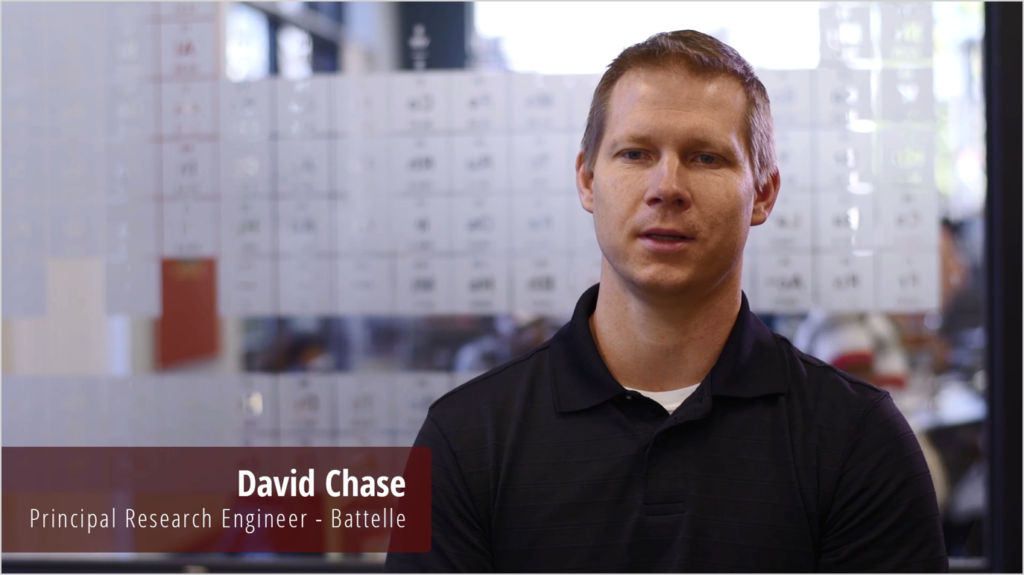The team at Battelle Education has been working closely on a new project with the Literacy Design Collaborative. Today, they’re announcing the Battelle LDC Science Collection. Here’s Aimee Kennedy to explain more.
One frustrating part of being a teacher: Hearing ideas for your kids that sound great but are just too hard in practice.

Take giving students opportunities for “authentic practice.” That is, assignments where students produce something just like employees in a job.
I work at Battelle, a company built on collaborations between scientists, engineers, and clients. Here, effective communication of complex ideas is essential to keeping the lights on.
In my work, I see everyday that the ability to read and write is just as important as technical skills. Our schools must provide opportunities for students to practice reading and writing in the disciplines so that they have access to whatever career path inspires them.
So, why wouldn’t teachers include “authentic practice?” It’s hard. The college programs that train teachers still default to siloed curriculum on specific subjects. That leaves teachers with few resources to provide reading and writing that prepares students for today’s world.
The Literacy Design Collaborative wants to change the whole experience. For teachers, they provide a fine-tuned collection of classroom guides. Each comes from a fellow teacher and comes with sample assignments and planning materials.
Moreover, these materials embed literacy into real-world experiences. Called modules, these materials make it easy for teachers to prepare engaging, effective lessons.
 Last year, they approached our team at Battelle Education with a fascinating idea. Could we take Battelle’s expertise and bring it to life in lesson materials? Our next step was clear. We’d pair Battelle scientists and engineers with teachers from our STEM schools. The teachers, with these STEM professionals, would create and document LDC modules around science. Then, LDC would post all the materials online for teachers across the country.
Last year, they approached our team at Battelle Education with a fascinating idea. Could we take Battelle’s expertise and bring it to life in lesson materials? Our next step was clear. We’d pair Battelle scientists and engineers with teachers from our STEM schools. The teachers, with these STEM professionals, would create and document LDC modules around science. Then, LDC would post all the materials online for teachers across the country.
Today, we’re unveiling the fruits of their hard work. I’m ecstatic to see the final product for three key reasons:
- These resources make strong teaching of science literacy easier. Much easier.
- One of the best parts of teaching is the profession’s focus on collaboration. LDC’s entire website makes sharing and working together simple for teachers.
- It can be hard to interpret another teacher’s methods or descriptions of their strategy. Working with our teachers, LDC tackled this problem head-on. Editors reviewed each set of materials over the last few months to clarify and improve them.
Head over to sciencecollection.ldc.org to get a sample of these lessons and see if they’re right for your classroom.
